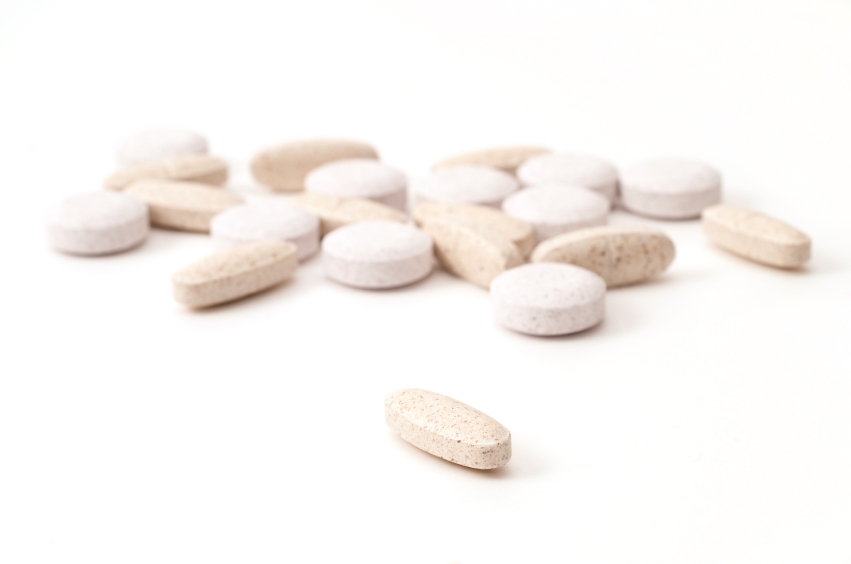Should Niacin Still be Used for Cholesterol?

A recent European study concluded that niacin (nicotinic acid, B3) had too many side effects and is not worth using. The media quickly got on board to spread the news. The study was funded by Merck pharmaceuticals, the makers of the statin drug Zocor. Two grams of extended-release niacin and 40 mg of laropiprant or a matching placebo daily was given. The primary outcome was the first major vascular event (nonfatal myocardial infarction, death from coronary causes, stroke, or arterial revascularization).
Problems with this study: I think it’s a clear case of profit directed manipulation of research data. The “niacin” was actually not niacin at all. It was niacin with a drug called laropiprant. The study was only for 3.9 years…also not long enough in my opinion. The problem is the laropiprant, a drug used to reduce skin flushing. Laropiprant has never been approved by the FDA and when taken alone has been shown to increase gastrointestinal bleeding. Laropiprant interferes with a basic prostaglandin receptor pathway that is important for good health.
Last year Merck announced it would withdraw laropiprant worldwide due to complaints from continental Europe. Therefore the clinical trials in this most recent study could only be performed in the UK, Scandinavia, and China.
With less niacin prescribed more statins will take their place thus increasing profits. I feel that there is a conflict of interest with this drug company funded study. There is very little money to be made with niacin because it is a naturally occurring substance and therefore cannot be patented.
Niacin has been used for over 60 years in tens of thousands of patients with tremendously favorable therapeutic benefit. Most of my colleagues who work in cardiology still recommend niacin. Niacin is the preventive cardiologist’s best friend and here’s why: it raises the good cholesterol better than any medication available, lowers bad cholesterol almost as well is the latest statin drugs and lowers triglycerides dramatically.
There are side effects to Niacin but they are milder than the side effects of the common statin medications. Common side effects include harmless flushing of the skin, and improved circulation to the extremities. Less common side effects also include gastrointestinal upset, slightly increased blood sugar, elevated homocysteine and occasionally elevated liver enzymes. In 12 years of practice I’ve only seen elevated liver enzymes occur once. Studies do exist showing that niacin not only works to improve cholesterol numbers but also can reverse arterial plaque. Patients should eat a heart healthy diet and exercise while on niacin.

